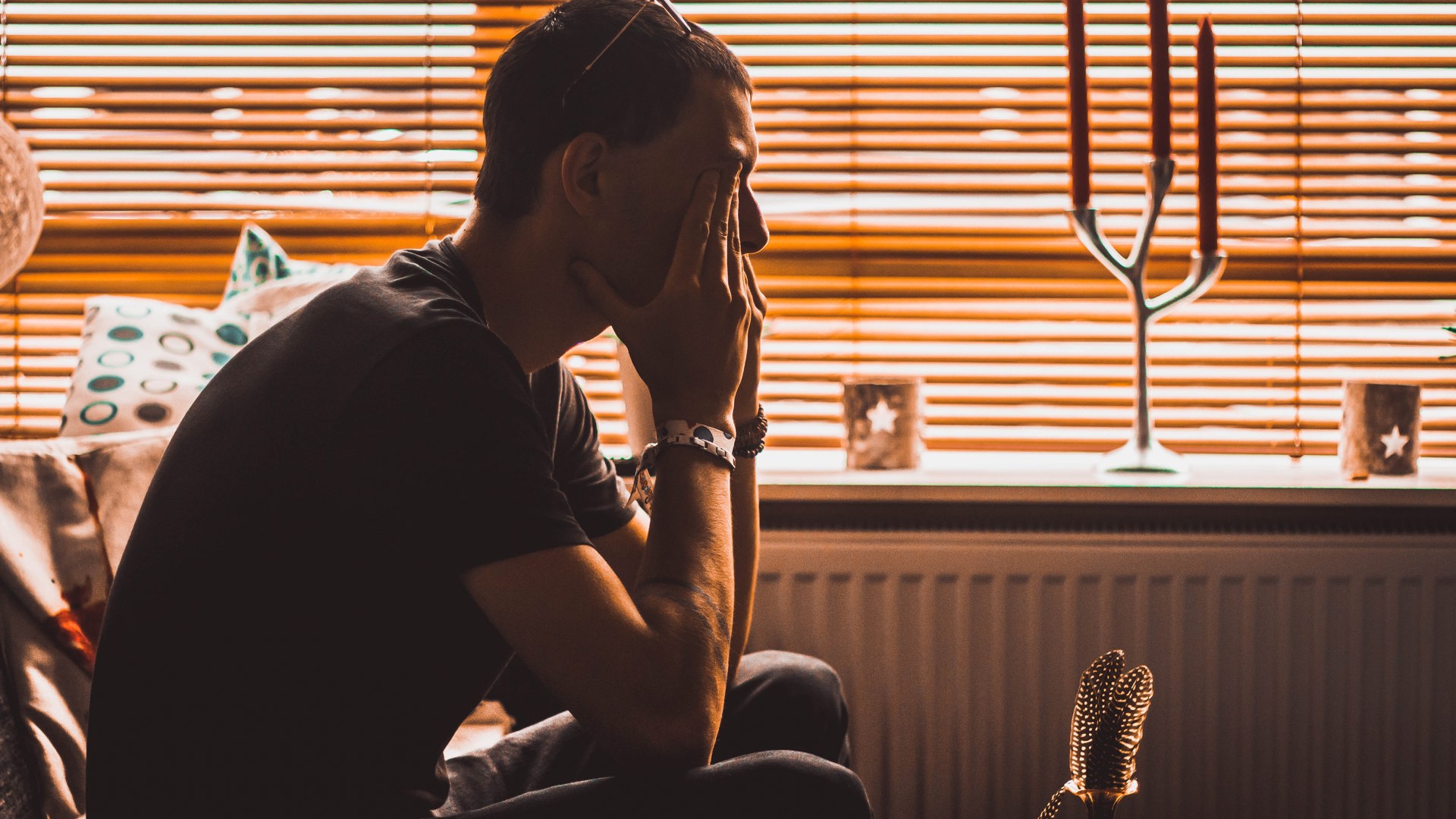
What drives feelings of loneliness?
At the start of the first COVID-19 lockdown, I was fearful of the impact loneliness might have on people, including myself. This motivated me to better understand the pandemic’s impact on our mental wellbeing, which included a research project.
Loneliness is lethal.
Loneliness can be a risk factor for mortality, comparable to smoking and obesity.
We typically stereotype loneliness as feeling empty, sad, depressed, but it is more extensive than that. Irritability, anger, over-working, anxiety, gambling, alcohol addiction, over-eating, to name just a few, can result from feeling truly lonely. Research has linked social isolation in older people to both physical and mental conditions, including heart disease, cognitive decline and even death.
To be known
In my research, the aspect that most contributed to loneliness across all age groups, and for both men and women, was the feeling of “no-one really knows me well”.
So, what does it mean to be known? And what does it take for someone to know us well? I gathered a diverse group of people for a 45-minute discussion on what being known means to them.
The following is a summary of the main themes from our discussion.
Knowing ourselves
Knowing ourselves is an important part of being known by others. We get to know ourselves by being in authentic relationships with others. This can be with friends, family, colleagues, acquaintances, or our psychotherapist or psychotherapeutic counsellor.
Behind the mask
Most of us have parts we usually choose to hide. This might be due to circumstances, such as our professional life, but it’s important to have an environment in which we remain true to ourselves, where it matters. If we don’t, there can be unintended consequences later. Pretending to be someone else because of shame or to avoid judgement can lead to unwanted feelings of anxiety, anger and depression.
Young people
Loneliness is such an issue for us today, and whilst the stereotype is the lonely old person, my research and that of others show that the youngest can be lonely, too. Figuring out who we are is a process most start when we broach adolescence. It can feel lonely when we try to understand how we relate to the world. Modelling open, honest, warm connection for our young people, and engaging them in meaningful conversation is a way we can help them, and ourselves too.
How therapy helps
The theme running through the whole piece is that by being open and honest with others, learning to emerge from behind the mask, is what we need to be truly known by others.
To really understand yourself is to also be known by another. And this is where psychotherapy can come in.
Psychotherapy with an accredited therapist is a relationship you can trust. You can explore those hidden aspects of yourself knowing that your therapist will not judge you for your thoughts and feelings. It is a relationship where someone can guide you in the journey to really know yourself. It can help you to be more open with others, to learn who to trust, how to ‘be’ in different situations, whilst remaining true to who you are.
Find a UKCP accredited therapist on our website
You can also find support by contacting:
In an emergency, call: 999
NHS (England), call: 111
NHS Direct (Wales), call: 0845 46 47
The Samaritans 24-hour helpline, call: 116 123
Share
Like most websites, we use cookies. If this is okay with you, please close this message or read more about your options.


